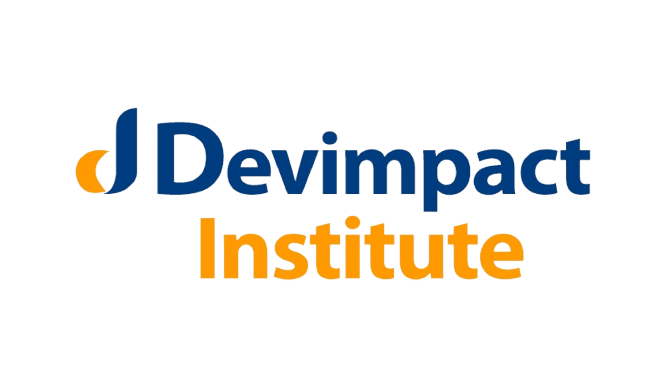
Training on Knowledge Management
Knowledge Management (KM) has become a crucial aspect of organizational success in the 21st century. In an era where information is abundant, the ability to effectively manage and leverage knowledge assets can provide a competitive edge. Organizations are increasingly recognizing the importance of KM in enhancing productivity, fostering innovation, and maintaining a sustainable competitive advantage.
This course provides participants with the insights and tools needed to create a robust KM strategy, fostering an environment of continuous learning, innovation, and operational excellence. By implementing the principles and practices learned in this course, organizations can unlock the full potential of their knowledge assets, driving sustained growth and success.
Target Participants
This course is designed for managers and team leaders who aim to enhance their team’s knowledge sharing and decision-making capabilities, as well as knowledge workers who handle and disseminate information within their organizations.
What You Will Learn
By the end of this course the participants will be able to:
- Understand the fundamental concepts and importance of Knowledge Management
- Identify and use various KM frameworks and models
- Utilize tools and technologies to capture, share, and manage knowledge
- Develop strategies for knowledge retention and transfer
- Design and implement a comprehensive KM strategy aligned with organizational goals
- Measure and assess the effectiveness of KM initiatives
- Foster a culture that supports knowledge-sharing and continuous learning
Course Duration
Classroom Based – 5 Days
Online – 7 Days
Introduction to Knowledge Management
- Definition and importance of Knowledge Management
- Types of knowledge: Tacit vs. Explicit
- The Knowledge Management lifecycle
KM Frameworks and Models
- SECI Model (Socialization, Externalization, Combination, Internalization)
- Knowledge Spiral Model
- Knowledge Management Maturity Models
Knowledge Management Strategies and Approaches
- Codification vs. Personalization
- Communities of Practice
- Knowledge Repositories and Databases
Knowledge Management Tools and Technologies
- Knowledge Capture and Sharing Tools
- Role of Artificial Intelligence and Machine Learning in KM
- Leveraging Social Media for KM
- KM in the Cloud
Knowledge Retention and Transfer
- Techniques for capturing tacit knowledge
- Mentoring and Coaching Programs
- Succession Planning
Implementing and Sustaining KM Initiatives
- Steps for developing a KM strategy
- Aligning KM strategy with organizational goals
- KM roles and responsibilities
Measuring Knowledge Management Effectiveness
- KM Metrics and KPIs
- Tools for measuring knowledge flow and utilization
- Conducting KM Audits
Change Management in Knowledge Management
- Overcoming resistance to KM initiatives
- Creating a KM-friendly culture
- Training and support for KM adoption
KM Governance and Policy Development
- Establishing KM governance structures
- Developing KM policies and procedures
- Ensuring compliance and security in KM practices
Sustaining KM Initiatives and Measuring Success
- KM Metrics and KPIs
- Tools for measuring knowledge flow and utilization
- Conducting KM Audits
- Continuous Improvement in KM
- Future trends and their impact on KM

